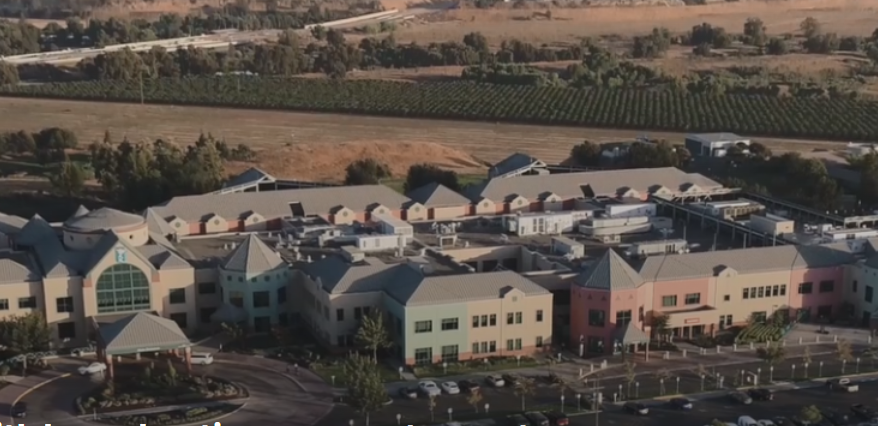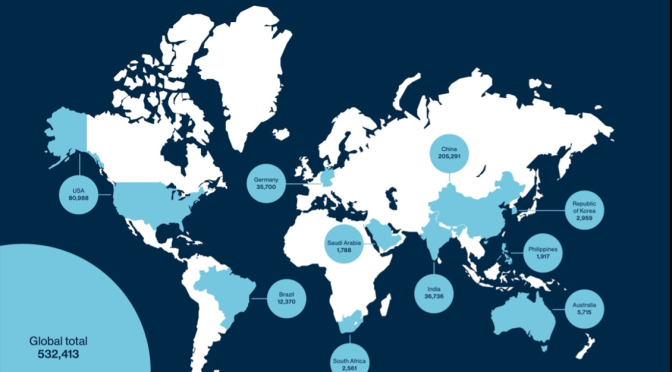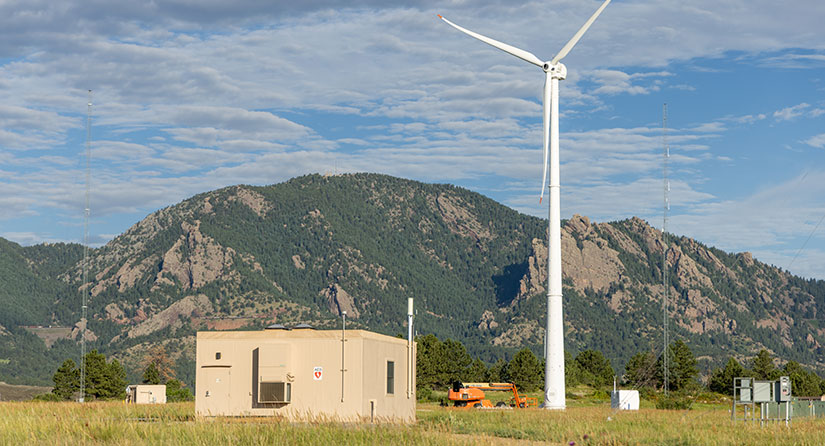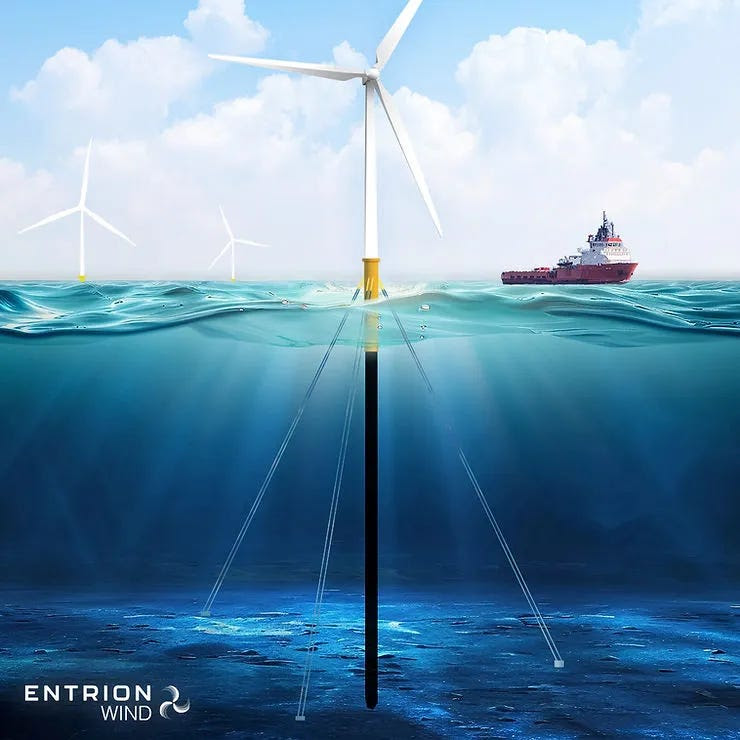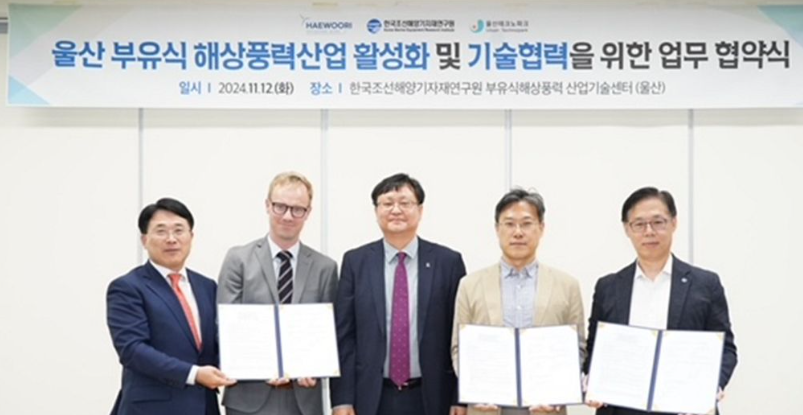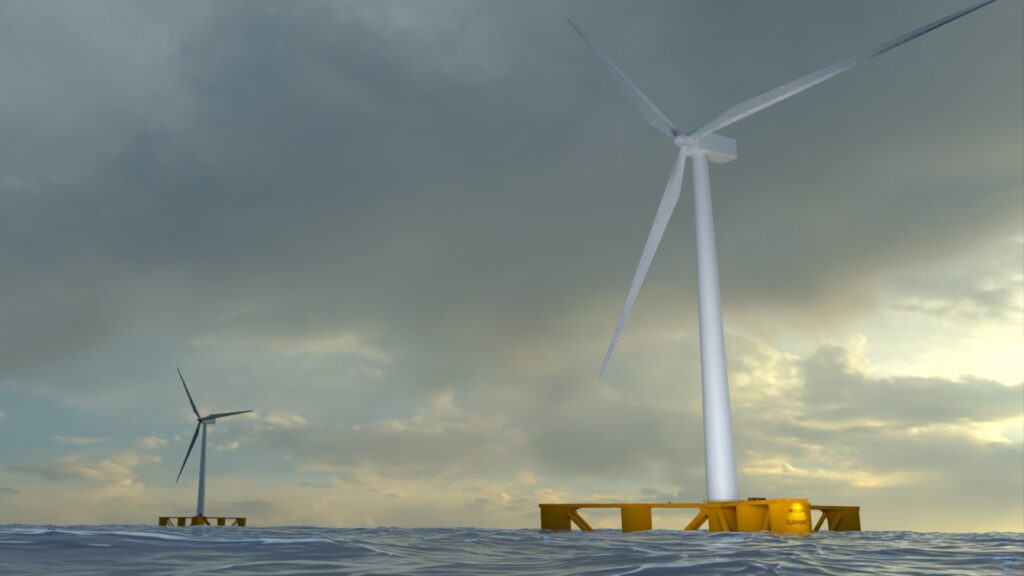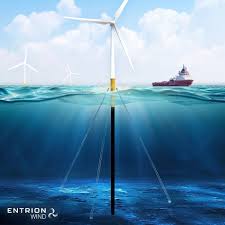Valley Children’s Hospital in Madera, California aims to replace diesel generators with cleaner sources yet ensure uninterrupted power supply.
Australia-based Redflow will collaborate with Faraday Microgrids on the project, named the Children’s Hospital Resilient Grid with Energy Storage (CHARGES).
The project is receiving funding from the U.S. Department of Energy (DOE) for 15 long-duration energy storage projects across 17 states and one tribal nation. The $325 million LDES program comes from the Infrastructure Investment and Jobs Act (IIJA). The awards were announced last week.
CHARGES is sponsored and expected to be co-funded by the California Energy Commission (CEC).
Valley Children’s Hospital, located in California’s Central Valley, frequently faces extreme environmental challenges, including heatwaves, droughts, smog and poor air quality. California has a goal of installing 45-55 GW of long-duration energy storage by 2045 to support grid reliability and clean energy adoption.
The microgrid system is designed to safeguard critical hospital operations during utility outages, ensuring at least 18 hours of continued functionality following earthquakes or other natural disasters.
Redflow’s systems are based on zinc-bromine flow battery chemistry. Flow batteries use liquid electrolytes that flow through the battery cells during charging and discharging processes. Zinc is the primary element in the Redflow battery’s anode, while bromine is used in the cathode.
